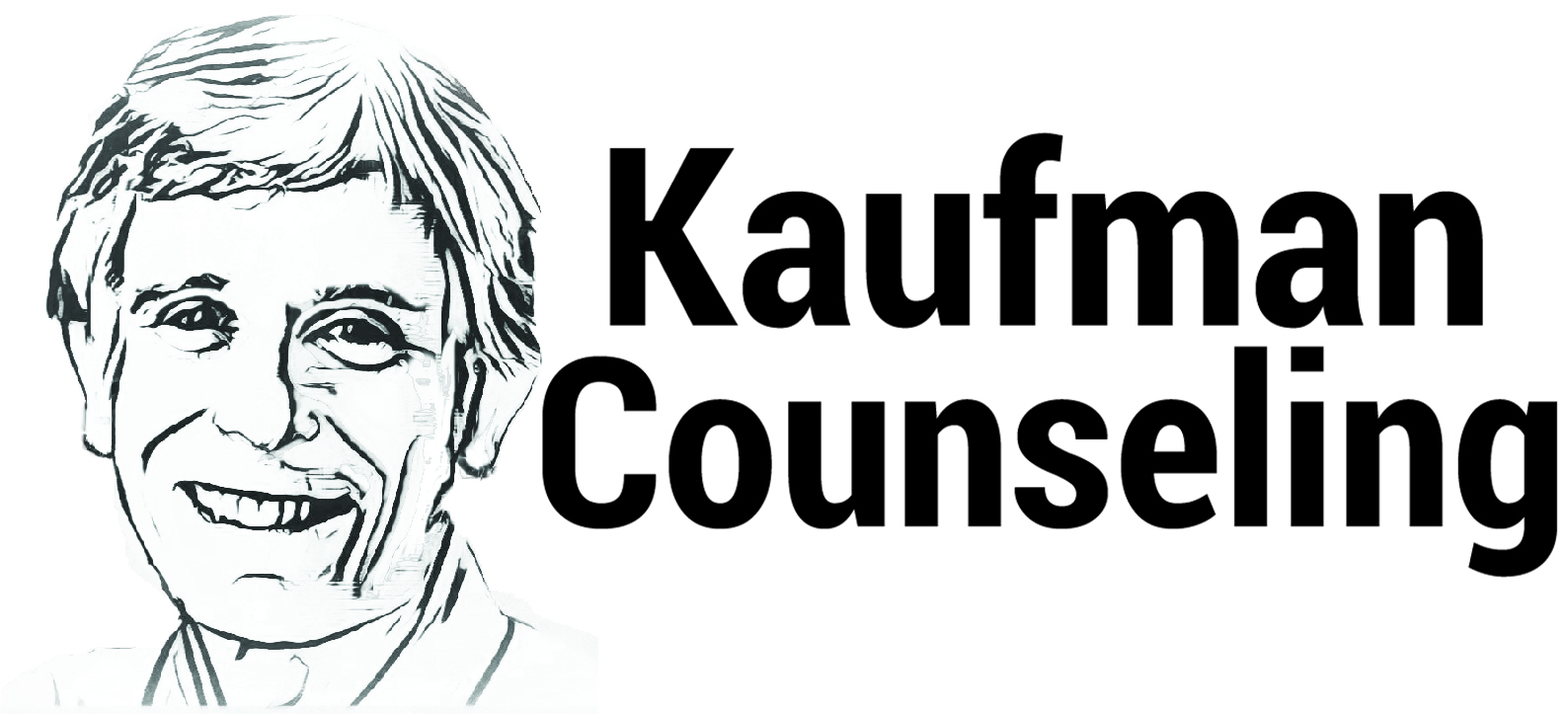Understanding and
Managing Your Anxiety – Part 1

This article was written by Lawrence Kaufman (L.M.F.T), 561-302-0568 contact@kaufmancounseling.com
First a definition (and there are many different ones): Anxiety concerns the fear, nervousness, or threat related to what might happen, or what is currently happening internally (in the inner world) — and/or externally (in the outside world).
Anxiety has gotten a bad rap. Many self-help books and popular articles focus on getting rid of, or overcoming anxiety. This approach to anxiety seems to be quite appealing to the readers of these publications. However, from the perspective of many psychotherapists, this is not the most helpful, beneficial, or balanced view. The goal of this alternative view is to learn how to master anxiety – not temporarily “get rid of it.” This is a more ambitious goal. It focuses on the medium and long term, instead of the short term. It focuses on insight, rather than distraction.
A more psychologically sophisticated view of anxiety can be gained — in a way — by comparing, anxiety with cholesterol. Just as there is good (HDL) cholesterol, and bad (LDL) cholesterol –there is good anxiety, and bad anxiety. Just as it isn’t in your best interests to reduce all cholesterol in your body, it isn’t in your best interests to eliminate all anxiety in your mind/ body. (That is, trying to eliminate all anxiety in your mind and body operating cooperatively — as a unit.)
Think about how it would affect you if you stopped having the ability to recognize or experience pain in your body. Specifically, think about what the consequences would be for you if you weren’t able to feel the pain from cavities in your teeth. The pain you feel from tooth decay is a signal that something is the matter and needs your immediate attention. Because you are able to be aware of this pain, you have a conscious choice of whether you will choose to see a dentist, or not. This signal communicates very important information to you about the state of your body. Anxiety is similar in how it works in your mind. If you ignore or minimize pain or distress in your body or in your mind, you could be putting yourself at risk.
Many self-help and psychological approaches emphasize reducing or trying to extinguish anxiety. This certainly has a very important place in managing our lives. It can be extremely distressing and uncomfortable to experience non-productive and burdensome varieties of anxiety. On one extreme end of the anxiety spectrum is panic attacks.
Sometimes, for example, people go a hospital emergency room due to the fear that they are having a heart attack. (And getting medical help is a very wise idea. It is extremely important to rule out physical and medical causes of your symptoms.) However, sometimes people experience physical/ bodily symptoms because they are unable to experience emotional and mental signals or symptoms. Put another way, some people, at some times, experience anxiety in their bodies, instead of in their minds. Emotional and mental issues and problems become transformed, and become located in their bodies. Effective psychotherapy helps people identify and put word labels on their feelings and thoughts and then communicate them to the therapist and others. The more you can verbalize your inner experiences, the less need you will then have to express them through your body, actions (behavior), and other symptoms.


